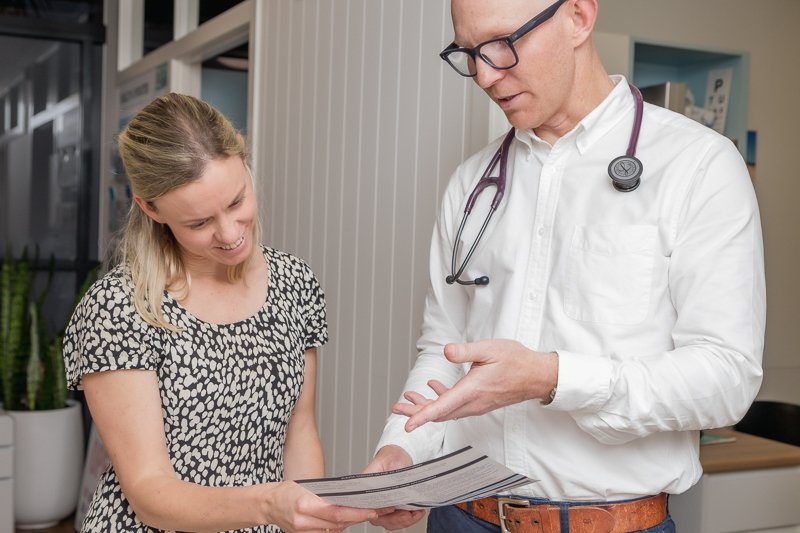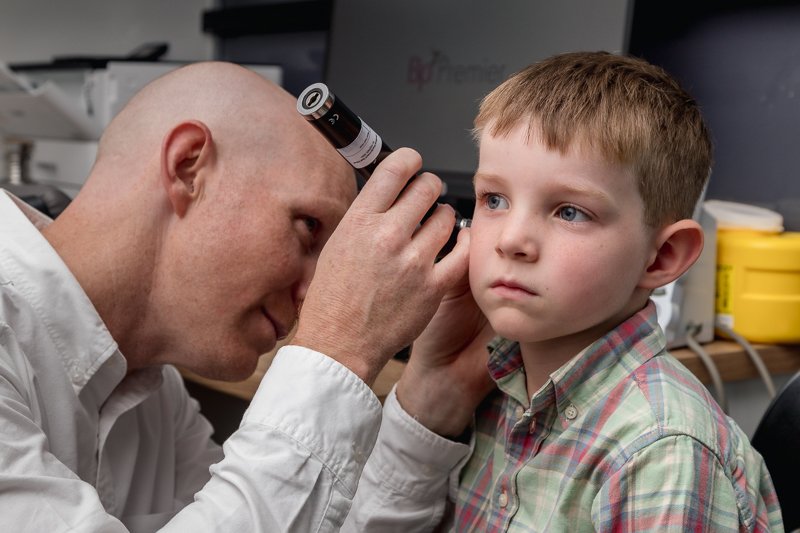Osteoarthritis, or degenerative joint disease, is the most common form of arthritis. It happens when your joints experience damage that your body can’t repair. It can occur in any of your joints but it’s most common in your weight-bearing joints, namely your spine, hips and knees, and in your fingers.
What Causes Osteoarthritis?
Daily life causes a significant amount of wear and tear on your joints but they’re normally pretty good at repairing the damage. Certain things make the repair job harder though, like overuse, injury or ageing.
Degenerative joint disease involves the breakdown of the protective cartilage in your joints. Cartilage is a stretchy shock-absorbing coating that sits between the bones of a joint. When it breaks down, the bones may end up rubbing together. That can cause pain, inflammation and difficulty moving.
Who Gets Osteoarthritis?
Osteoarthritis can affect people of any age but, as you’d expect with a ‘wear and tear’ condition, it is more common in older people. It affects about 1 in 5 Australians over the age of 45 and 1 in 3 over the age of 75.
Other risk factors for degenerative joint disease include:
Being overweight or obese, as this puts additional pressure on your joints
A family history of the condition
Being female
Injuries like a dislocation or fracture
Overuse of certain joints.
Symptoms of Degenerative Joint Disease
If you’ve developed osteoarthritis, you might feel pain and stiffness in the affected joint. The joint may look ‘deformed’ with new bony outgrowths. You joints may swell from time to time. Some movements may hurt the joints more than others.
Treatment
Treating degenerative joint disease (osteoarthritis) depends on which joint is affected and how much of an impact it’s having on your life.
Treatments include:
● Relieving pressure on your joints by losing weight, if necessary
● Physiotherapy and exercise to strengthen muscles and structures surrounding affected joints
● Medicines to manage pain
● Relieving pressure on your joints by using braces or orthotics in your shoes
● Surgery to replace the affected joint.
Non Surgical treatment
These are considered ‘first line’ interventions. Patients can often underestimate the value in these treatments. With knee osteoarthritis for example, a 10% reduction in body weight can reduce pain scores in the knee by 50%!
Numerous studies have shown regular strengthening exercises are just as effective as medications in relieving pain on affected joints.
Even if a joint replacement is ultimately required, a strong, exercised joint will do better after surgery than a joint that was not improved.
Joint Replacement Surgery
If your osteoarthritis is causing significant pain that’s not responding to treatment, or if it’s making it hard for you to care for yourself, do your work or enjoy your hobbies, your GP may refer you to an orthopaedic surgeon to discuss whether surgery would help you.
There are various forms of surgery for degenerative joint disease. Sometimes the whole joint needs to be replaced.
A worn-out knee joint, for example, can be replaced with an artificial joint made of plastic and metal, which functions well and enables you to walk confidently again. In total knee replacement surgery (TKR), the ends of your leg bones are replaced with metal and a plastic lining is placed between them to absorb shock and friction.
How Your Peregian Family Medical Centre GP Can Help
If your joints have become painful, please come and see us here at Peregian Family Medical Centre. Our capable and friendly doctors will examine your joints, discuss how osteoarthritis is affecting your life and discuss treatments to help relieve your pain and improve your mobility.
We can help you make lifestyle changes like losing weight and support you through the emotional difficulties of living with a chronic condition that affects your daily life.
We can also help you access other healthcare professionals by referring you to a physiotherapist and Exercise Physiologist who can give more detailed guidance on suitable exercises and/or referring you to an orthopaedic surgeon who can decide if surgery would help you best. If you are going to have surgery, we can help you prepare for your operation and recover from it afterwards.
Please make an appointment today.






